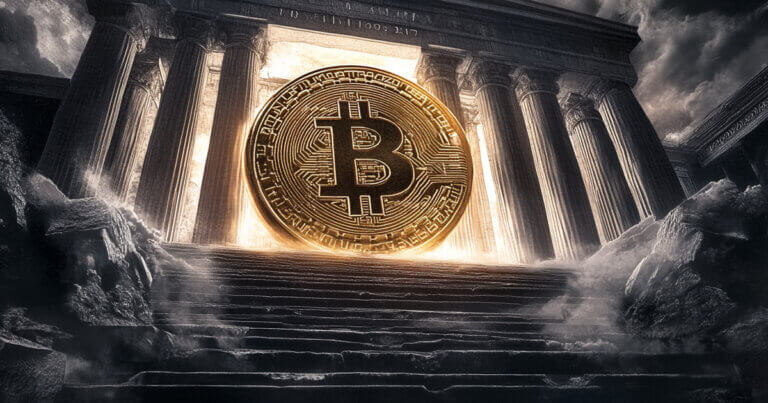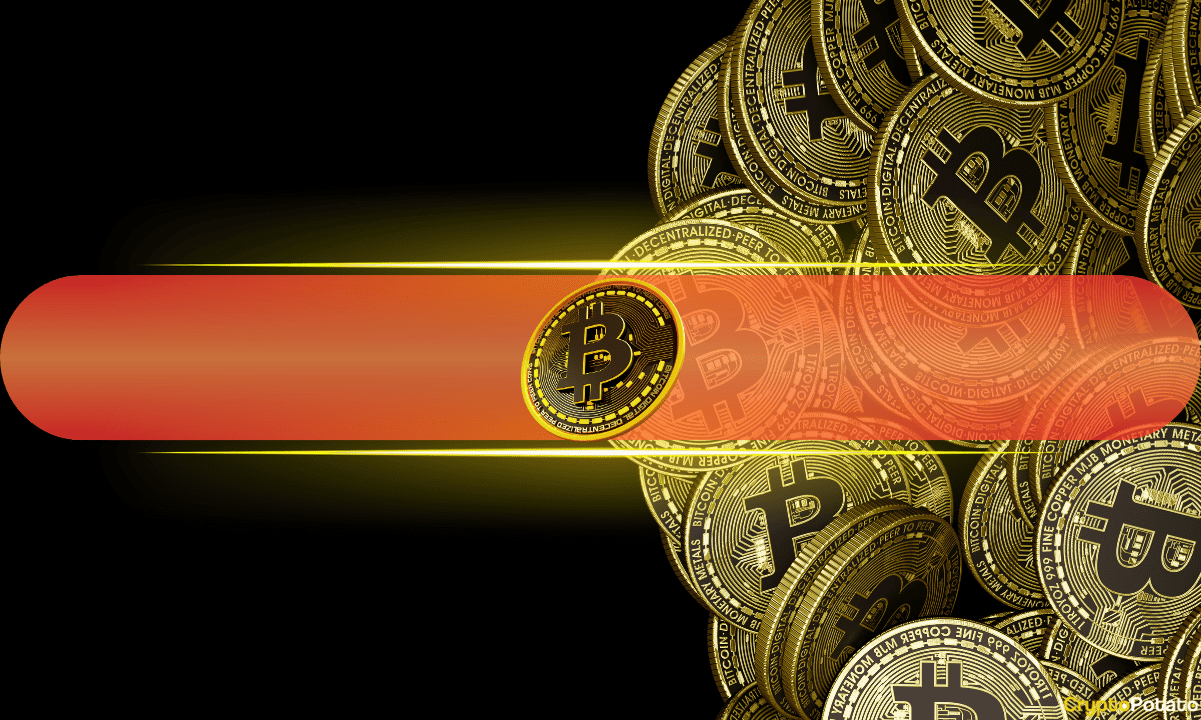ARTICLE AD BOX
 Bitcoin Policy Institute releases paper on Bitcoin as a strategic reserve asset Liam 'Akiba' Wright · 31 seconds ago · 2 min read
Bitcoin Policy Institute releases paper on Bitcoin as a strategic reserve asset Liam 'Akiba' Wright · 31 seconds ago · 2 min read
Establishing a US Bitcoin reserve could strengthen monetary stability, enhance geopolitical standing, and align with renewable energy initiatives.

Cover art/illustration via CryptoSlate. Image includes combined content which may include AI-generated content.
Bitcoin’s maturity as a decentralized digital asset has spurred discussions on its role within national reserves, drawing interest from US policymakers. Bitcoin’s evolution from an experimental asset to a recognized financial instrument provides new strategic avenues for economic stability, geopolitical resilience, and energy policy.
The Bitcoin Policy Institute (BPI) released a comprehensive report on how the US could leverage a Bitcoin reserve to bolster its economic stance, counterbalance adversaries, and promote democratic values in a rapidly digitalizing world.
According to BPI, establishing a US Strategic Bitcoin Reserve could achieve several strategic goals. First, it may reinforce monetary stability by adding a non-debt-based, finite asset to the national reserve mix, complementing traditional holdings like gold. Bitcoin’s decentralized nature and fixed supply present a hedge against inflation and currency devaluation. Second, in the context of escalating geopolitical rivalries, a US Bitcoin reserve would allow America to assert leadership in global finance while countering China’s push to build alternative digital finance systems.
Integrating Bitcoin mining with renewable energy aligns with US climate goals, as mining’s time-flexible energy demand could support grid stability and renewable power generation. By incentivizing renewable energy development and reducing peak loads, Bitcoin mining offers a market-driven solution to energy challenges.
However, BPI accepts that concerns about potential risks warrant examination. Critics suggest that a Bitcoin reserve could expose the US to volatility and market manipulation. Yet, proponents argue that volatility reflects Bitcoin’s nascent adoption and that an SBR would not be speculative but serve as a strategic asset in economic resilience. By signaling confidence in Bitcoin, the US could also attract capital from a digitally inclined generation and reinforce global dollarization via Bitcoin-backed stablecoins.
In conclusion, as digital finance reshapes global economic power, BPI believes a Strategic Bitcoin Reserve provides the US an opportunity to reinforce its financial system’s stability, support democratic values, and address energy goals—all without undermining the dollar’s dominance.











 English (US) ·
English (US) ·